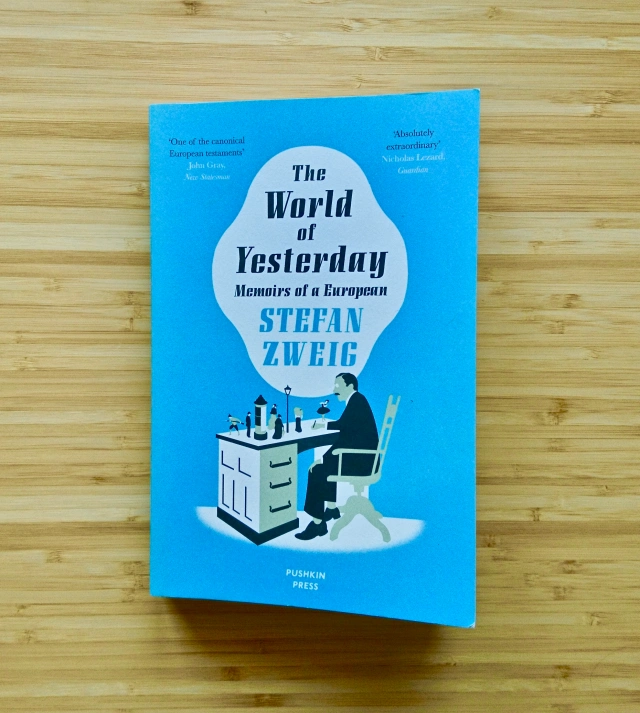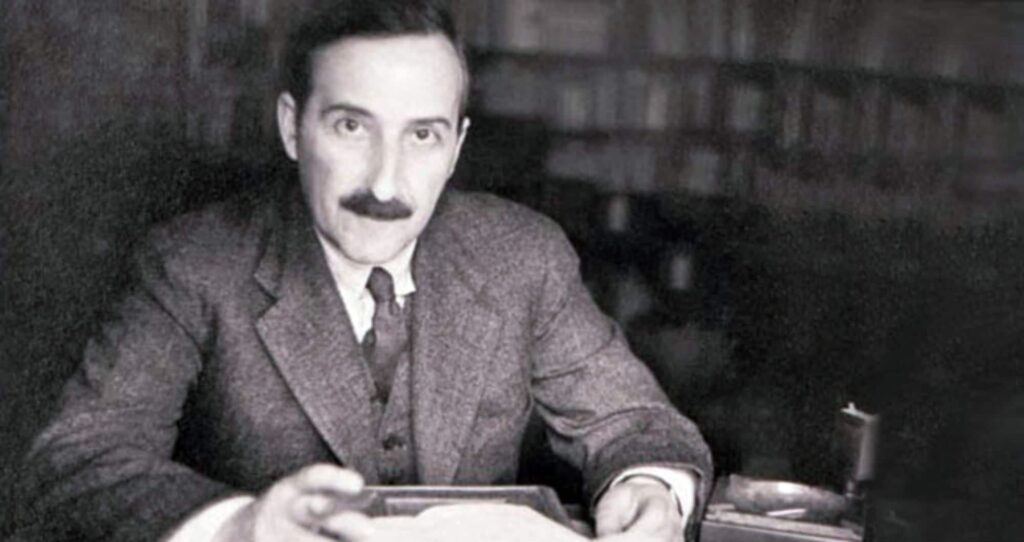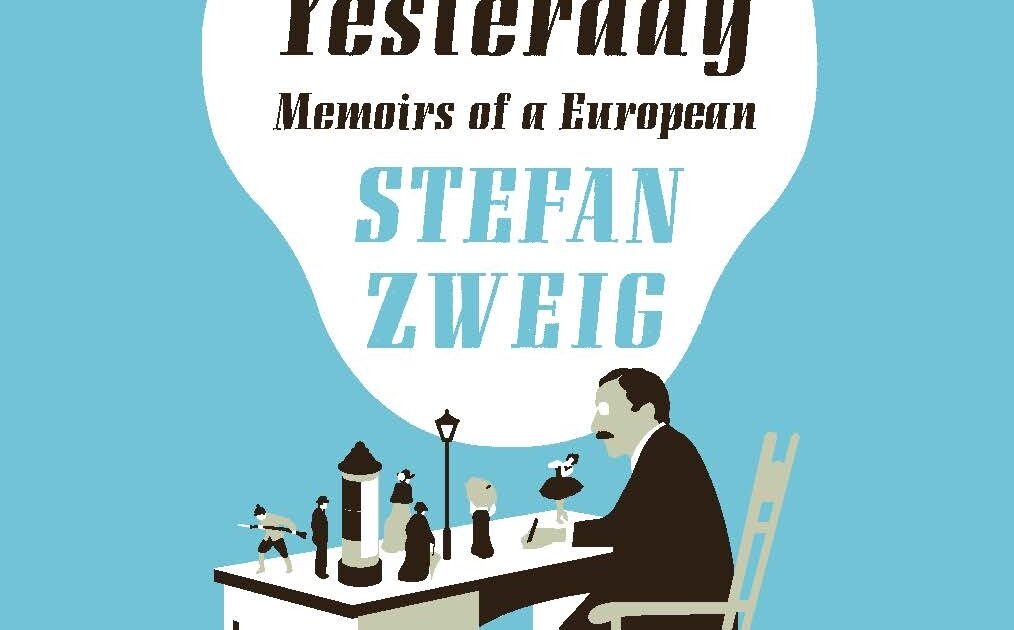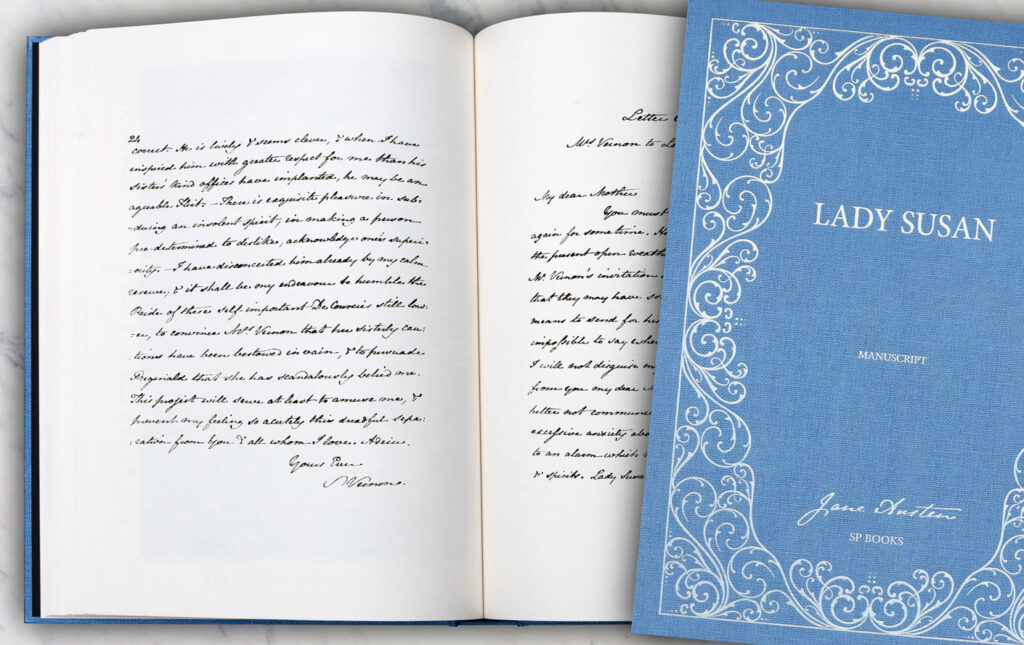Stefan Zweig, in his work “The World of Yesterday. Memoirs of a European,” begins by acknowledging that he has never considered himself important enough to share the story of his life. Instead, he chooses to reflect on his generation, which he considers a “lost generation” due to the immense hardships they endured. Zweig compares his own experiences to the previous generations who lived in times of peace, unaffected by the horrors of war and the frontlines.
A Historical Review of a Remarkable Writer
Published by Edaf, “The World of Yesterday. Memoirs of a European” offers a remarkable historical account by an extraordinary writer. Zweig’s honest and impartial portrayal of his era serves as a testament to his contemporaneity like no other. He vividly expresses the struggles and triumphs of his generation, allowing future generations to understand the resilience required to endure such turbulent times.
Exploring Origins and Reflections on Jewish Life

Zweig delves into his personal origins, specifically the Jewish families living in Austria. He highlights the entrepreneurial success achieved by his paternal family through hard work and perseverance. On the other hand, he reflects on the tendency of his maternal family, who were already wealthy, to adopt a superior attitude towards others due to their financial status. This context provides an opportunity for Zweig to examine Jewish life centered around family businesses and the pursuit of wealth. Through “The World of Yesterday. Memoirs of a European,” readers gain deeper insight into the person Zweig was, his emotions, and his experiences. We discover that he inherited from his father the desire to remain inconspicuous, rejecting significant positions or titles to preserve his privacy. Moreover, we witness his anguish upon learning that his life’s work was destroyed by the Germans solely because of his Jewish heritage. He refers to Judaism as the “religion of his parents” and admits to feeling like a citizen of no country, not even his beloved Europe, which he felt betrayed by during the Second World War.
A Reflection on Social Status and Education
Zweig recalls his mother’s sense of superiority, inherited from her wealthy family, which she extended to everyone, including Zweig himself, his brother, and his father. He delves into the obsession of some families to maintain social status and honor, often pushing their children to excel academically and earn prestigious titles. He explores the sacrifices families make to ensure their children receive an education, emphasizing the honor associated with having a child recognized in the intellectual world, even for the poorest families.
The Need for Jewish Disassociation from Wealth

Zweig explores the Jewish people’s desire to distance themselves from the accumulation of wealth over generations. He observes how younger members of the community seek professions beyond family businesses, often pursuing intellectual pursuits to avoid the “curse of money.”
Reflections on the Austrian Education System
“The World of Yesterday. Memoirs of a European” sheds light on the educational system prevalent in Austria during Zweig’s time, a system that he believes did not serve him well. He credits his hunger for knowledge, acquired through books and theater, for enabling him to rise above the limitations imposed by the system. He criticizes the government for fostering a youth that would mindlessly follow family businesses without questioning the status quo.
A Gift of Understanding Stefan Zweig
Discovering Stefan Zweig through his own thoughts and words is a gift that no fan of the author should overlook. Zweig remains true to his promise of objectivity, allowing readers to comprehend, appreciate, and enjoy his work. Each page offers continuous learning and a deeper connection to the experiences of a generation defined by adversity.

